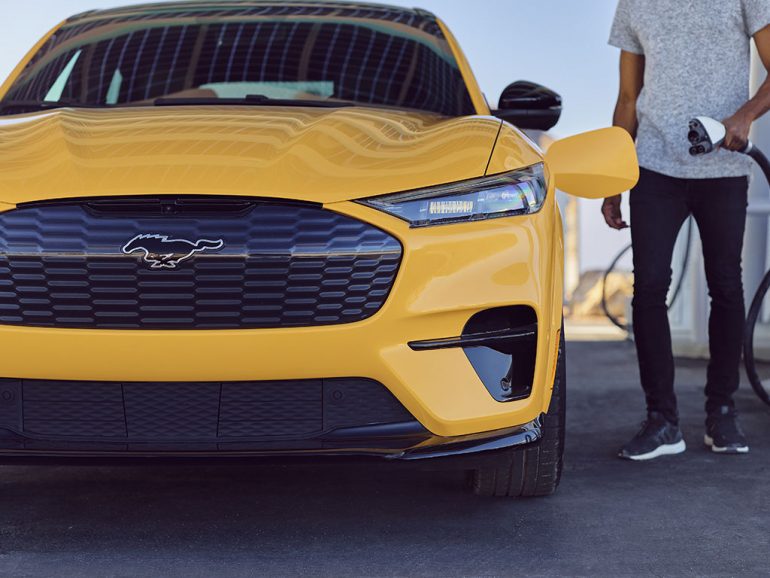
J.D. Power has recently published the findings of its third U.S. Electric Vehicle Consideration (EVC) Study, which involved surveying potential car buyers to gather their opinions on purchasing battery-electric vehicles (EVs). The study indicates a general increase in interest among consumers. Last year, 24% of individuals in the market expressed a “very likely” inclination to consider buying an EV, while this year that figure has risen to 26%. The study also revealed a similar uptick in the “overall likely” category, with potential EV purchasers growing from 59% to 61%.
However, these rises in interest are relatively modest. Although factors such as high gasoline prices, inflation, interest rates, and renewed incentives have heightened curiosity around electric vehicles, the study highlights a significant barrier that prevents many shoppers from adopting EVs: the availability of charging infrastructure away from home. While the market has seen an expansion in the number of EV models and an improvement in charging infrastructure, the survey indicates a notable increase in the percentage of shoppers who consider the lack of public charging stations a deterrent. In 2022, 34% of respondents mentioned this as a reason for their reluctance to consider an EV, but in the current year, that number has risen to 49%.
Also, don’t forget that you can get discounted new car pricing with a free quote through qualified local dealer partners.
Stewart Stropp, the executive director of EV intelligence at J.D. Power, emphasized the importance of public charging stations, stating that they are “the biggest friction point for consideration” because they are not keeping up with the growing number of EVs on the road. While consumers appreciate the offerings from automakers, they are also concerned about the practicality of charging their vehicles away from home. Stropp emphasized that a significant effort to expand and enhance the public charging infrastructure is necessary to encourage more consumers to consider purchasing EVs.
Expanding the public charging network to accommodate the increasing adoption of EVs is a massive and costly undertaking, particularly as EVs themselves represent substantial investments. Both state and federal government initiatives, as well as automakers, are working towards addressing this issue. However, it is expected to remain a challenge for years to come. J.D. Power’s experience suggests that finding a reliable charging experience away from home is still a rarity, despite the availability of various apps. The odds of plugging into a satisfactory charging station on the first attempt are perceived to be low.
The study indicates a potential audience for EVs, with 35% of individuals who commute over 45 minutes each way to work expressing a “very likely” consideration for an EV. Additionally, 25% of those who have only been passengers in an EV are also “very likely” to contemplate purchasing one. Furthermore, this year, more drivers of both traditional internal combustion engine (ICE)-powered vehicles and EVs are showing an inclination towards buying their first EV or adding another to their collection compared to the previous year.
For more detailed information on the 2023 U.S. Electric Vehicle Consideration (EVC) Study, interested readers can refer to J.D. Power’s official source. It is hoped that the involvement of Ford and GM in collaboration with Tesla on charging infrastructure may bring positive developments in the 2024 study. However, there is also the possibility of an increase in charging congestion in various parts of the country.